PM orders sugar crisis instigators unmasked
Forms high-powered probe committee; launches Rs15b Ehsaas Amdan Programme
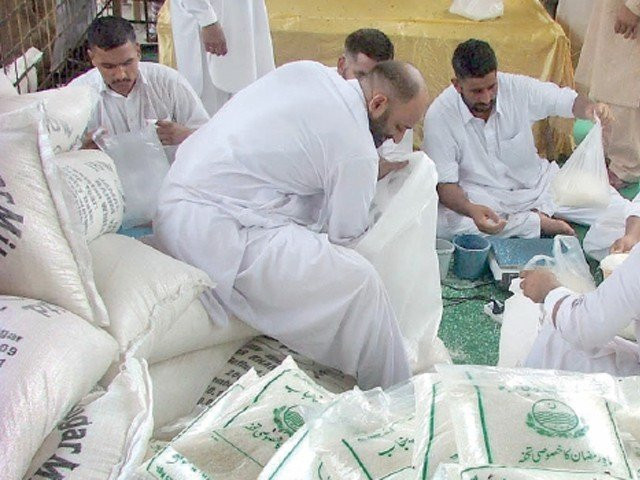
High powered committee to find answers to a slew of questions, identify culprits. PHOTO: EXPRESS/FILE
The move came amid crescendoing calls from opposition parties for unmasking the instigators of the sugar crisis claiming that some within the inner sanctum of the ruling PTI could also be among the culprits.
According to an official document – a copy of which is available with The Express Tribune – FIA’s director general will head the investigation committee which will comprise the head of Punjab’s Anti-Corruption Department as well as a grade-20 or 21 officer of the Intelligence Bureau.
The FIA director general, who will be convener of the committee, could seek assistance from anyone in the probe.
After the wheat flour crisis that started in Nov 2019 and worsened around mid-January 2020, the sugar price also shot up across the country.
By Jan 22, sugar became dearer by Rs9 per kg at the retail level in Punjab, the country’s biggest province. At the retail level, sugar was sold at Rs85 per kg, up from the previously pegged rate of Rs76.
Prime Minister Imran had ordered the FIA to launch an inquiry into the causes of the hike in wheat flour prices. The FIA later submitted its report on the wheat crisis to the prime minister.
The sugar crisis probe panel will not only identify the people or institutions responsible for the crisis but will also try to figure out if the surge in prices was the result of an attempt to favour some individuals or group.
The committee will also make recommendations to avoid such crisis in the future. The prime minister’s office has sent the committee a list of over a dozen questions and asked it to find out if less sugar was produced this year and if the decrease in production resulted in a shortage.
It is also asked if the support price of sugar cane was appropriate this year and if the sugar mills bought sugarcane at a price higher than the support price – which is set by government.
It asks as to what is the basis for determining the ex-mill price and what are the causes of rise in the ex-mill price. Ex-mill price means the price at the factory or mill. It is a price that does not include any other charges, such as delivery or subsequent taxes.
“Had the price hike something to do with cartelisation by mills owners? Was the sugar price affected by forward contracts and was there an ill intention involved in the process? “Has the margin of profit increased at sale of sugar at ex-mill and retail level as compared to previous years? If yes then what is its reason and who is beneficiary of this hike?” the questionnaire asks.
Wheat, sugar crises due to govt's negligence: PM Imran
The PM office has also asked the panel as to what has been the impact of increase in taxes on the sugar prices at ex-mill and retail levels and if the commodity is hoarded more by sugar mills, wholesalers or retailers.
The questionnaire also asks if export of sugar this year was normal and who has been the beneficiary to export subsidy. It asks about the mechanism for determining sugar price at retail level and what is the role of various stakeholders including government institutions in sugar price hike.
Ehsaas Amdan Programme
In line with his promise of transforming Pakistan into a welfare state, Prime Minister Imran Khan on Friday launched Rs15 billion Ehsaas Amdan Programme – an anti-poverty initiative aimed at creating opportunities for respectable livelihood for the most disadvantaged people.
Addressing the launching ceremony, the prime minister said, “So far, the country has witnessed the pro-rich development that instead of benefiting the poor, widened the gap in society.”
Ehsaas Progamme Chairperson Dr Sania Nishtar, Punjab Chief Minister Usman Buzdar, the provincial cabinet members and a huge number of the residents of the Southern Punjab city attended the event.
Also on the stage were Kulsoom Bibi and Nokar Hussain – the two beneficiaries of the Amdan programme who also spoke highly of prime minister's anti-poverty initiatives to make them live an independent and respectable life.
Under the Rs15 billion programme, the government would give away small assets to the people living below the poverty line to make them earn a living and come out of the shackles of poverty.
The assets include livestock (goats, cows, buffaloes and poultry), agricultural inputs, body of auto rickshaws, and inputs for small retail outlets and enterprises.
Launched in 375 rural union councils of 23 districts of Pakistan, the programme would feature transferring around 200,000 assets to the deserving households with 60 per cent women and 30 per cent youth beneficiaries.
Premier Imran told the gathering that the state of Madina has taken the responsibility of its poor people, adding that China too has become a great nation by steering its 700 million people out of poverty.
"This is our dream about Pakistan too," the prime minister said, distributing assets, including agriculture tools, a cotton ginning machine, cattle and rickshaws, among the poor people.
He said the Ehsaas Programme was an effort to uplift the people as it consisted of Kafalat Card for the weakest segment, Amdan programme to increase income, health insurance cover for six million families, loan scheme for small business and 50,000 scholarships for the youth.
Imran said the government would provide interest-free loans to around 80,000 every month.
Moreover, he said the government has already set up 180 shelter homes and would widen the project countrywide to ensure that no poor has to spend the night in the open and that too without food.
Besides, the government is promulgating a law for provision of legal services to the people who cannot afford a lawyer to contest the case in court, he added.
The prime minister said the government is in the process of introducing a uniform education curriculum with no discrimination among rich and poor or seminaries and government and private schools.
He appreciated the new Inspector General of Punjab Police Shoaib Dastgir who had started the police reform and was apprehending notorious criminals who earlier used to enjoy protection.
The prime minister told the gathering that Pakistan has come out of the difficult time with 75 per cent reduction in current account deficit, appreciating rupee, improving stock market and increasing foreign direct investment. “In the coming days, the people will get more good news,” he added.
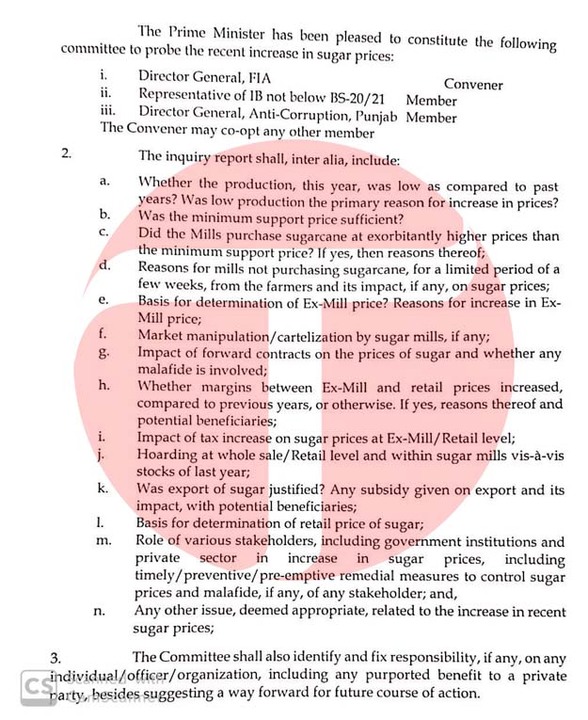
(With additional input from our correspondent in Layyah and APP)


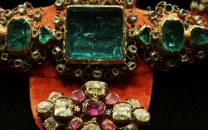

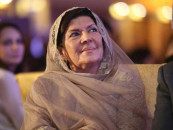

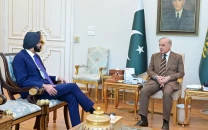












COMMENTS
Comments are moderated and generally will be posted if they are on-topic and not abusive.
For more information, please see our Comments FAQ